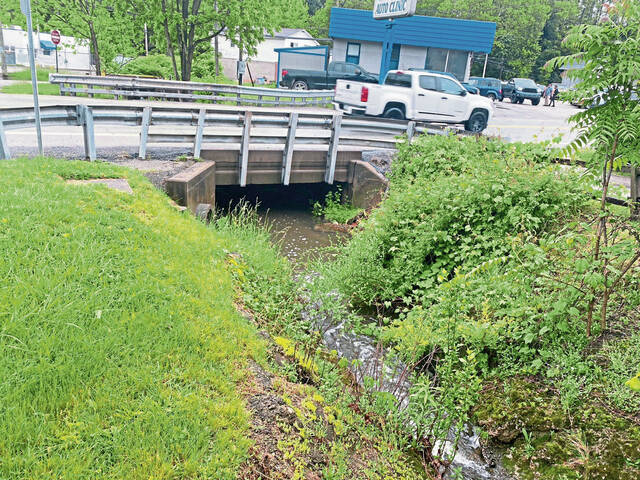The Municipal Authority of Westmoreland County spent more than $100,000 on air and water quality tests conducted in response to gas well breach in late January at Beaver Run Reservoir, officials said.
“We will forward those bills to CNX,” authority manager Michael Kukura said.
CNX Resources, which operates the 55 gas wells at the reservoir property in Bell, said a drop in pressure at one of the drilling sites caused natural gas to be discharged into the ground and beneath the water supply. The state Department of Environmental Resources this year issued a notice of violations against CNX finding the energy company failed to construct and operate a well to ensure the well integrity is maintained and that it did not equip the well with casings of sufficient strength.
CNX officials said the issue with the wells was corrected and the problematic drilling site has been capped.
Authority officials contracted with researchers at Indiana University of Pennsylvania for additional daily and weekly testing of the reservoir site to monitor any potential impacts related to the well breach. Those tests found no irregularities with the reservoir’s water quality and air emissions, deputy manager Jack Ashton said.
“We wanted to make sure there was nothing else there that we didn’t see,” Ashton said.
CNX spokesman Brian Aiello said, “We work very closely with MAWC on all matters related to our activity on the property and certainly intend to do so with regard to the costs incurred as a result of additional testing.”
He said CNX performed its own air monitoring and private water well testing in the area around company operations and found no environmental impact.
The testing done by IUP was in addition to the routine water and air monitoring it performs at the reservoir for the authority.
Authority board members on Wednesday rehired IUP, agreeing to pay the school $133,000 for quarterly water and air testing at the reservoir during the next 12 months. IUP has conducted water-quality tests at the reservoir since 2011 and on emissions at the site since 2015.
Results from the tests are made public on IUP’s website.
Those results have showed no abnormalities, Ashton said.
“To date, there has been nothing indicated, no issues,” Ashton said.








